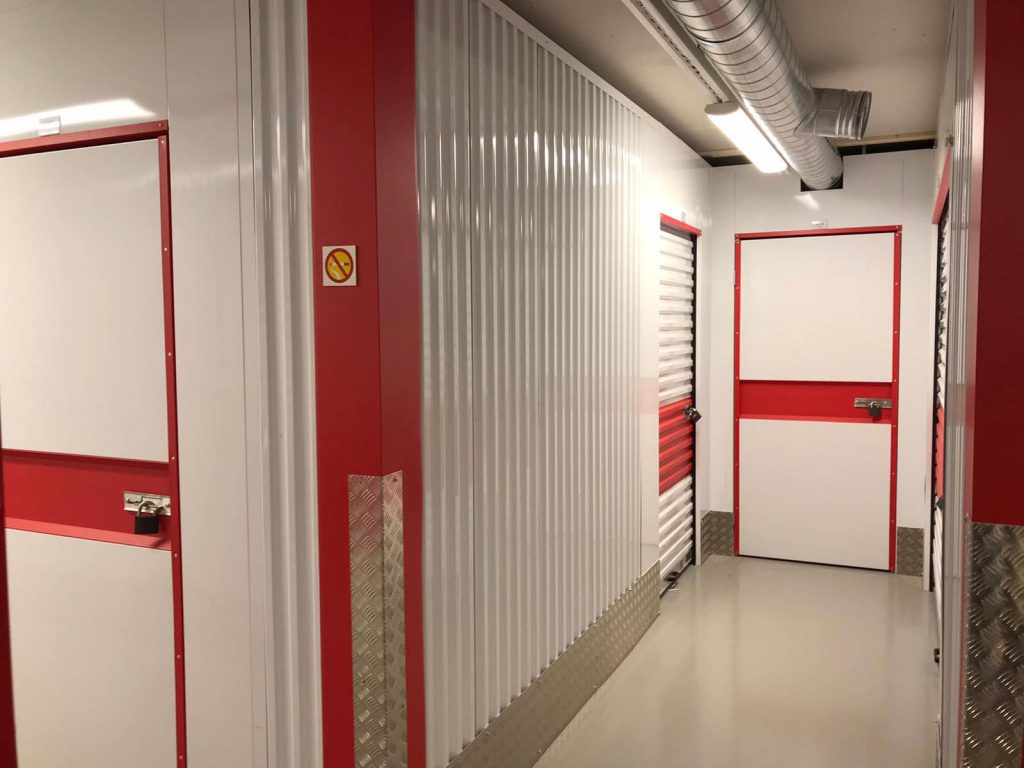The self-storage industry remains recession-resistant, despite the residual effect of coronavirus. The resilient nature of this industry greatly benefits operators, investors, and the economy as a whole.
Self Storage has a recession resistance that is uncommon among other industries, making it a worthwhile investment when traders want to be defensive. Despite the 2008-2010 recession, Self Storage managed to avoid some of the financial fallout. The National Association of Real Estate Investment Trusts‘ „All Equity Index“s shows that the industry overall lost 40% of its value during 2008-2010, but companies in self-storage had an overall return of around 5%; including dividends.
Here are two reasons self-storage is so crisis or pandemic resilient
- There is an increased demand for storage
- Low maintenance/operation cost



